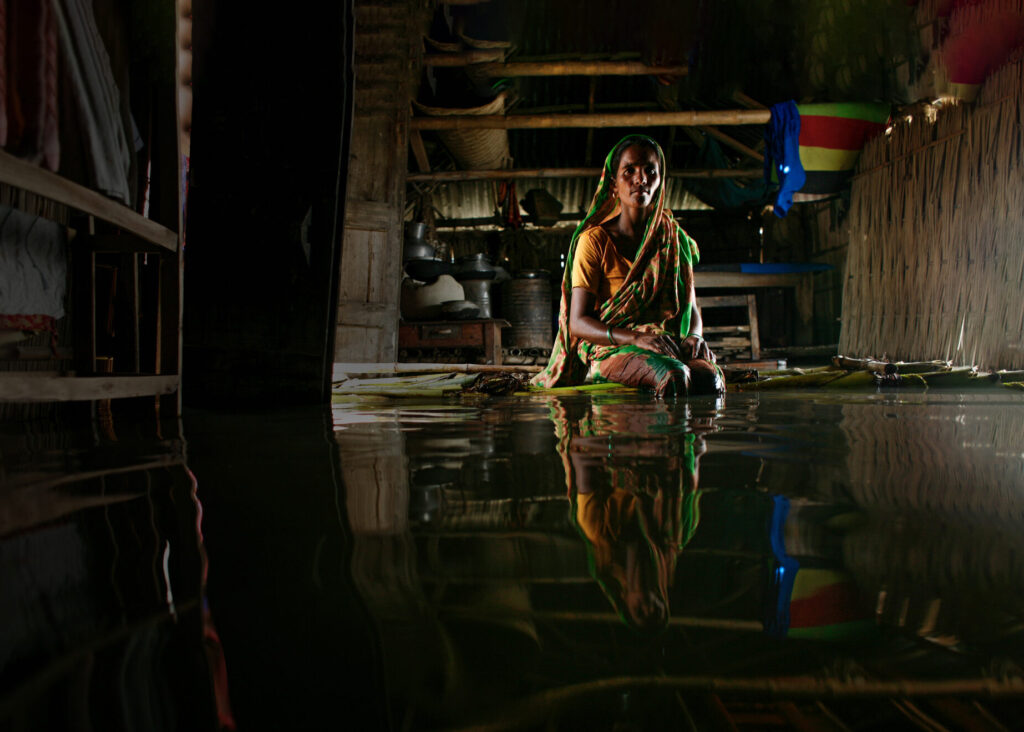Our vision
Visionary youth from around the world are taking governments to court for failing to protect our climate. For the first time in history, this fight has reached the world’s highest court.
The NOT JUST CELSIUS project makes this complex topic accessible to the wider public and calls on people all around the world to take up the call for climate justice.
Why Climate Justice needs the International Court of Justice
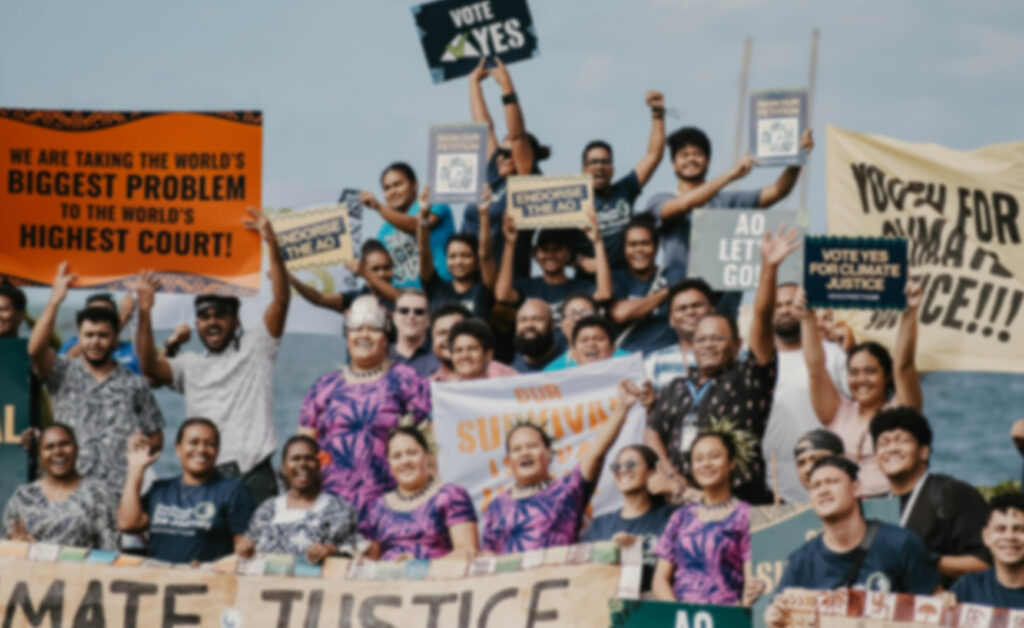

Our impact
Over 80,000 people signed our petition calling on the EU to act as a real “climate leader” and commit to the ICJ Advisory Opinion proceedings on climate change and human rights!
The petition was handed into the EU commission in February 2024. Check it out!
Read the petition© Alliance for a Climate Justice Advisory Opinion
The road to the
International Court of Justice

© Alliance for a Climate Justice Advisory Opinion
March 2019
The youth-led organization PISFCC launches a campaign to take climate justice to the International Court of Justice (World Court).
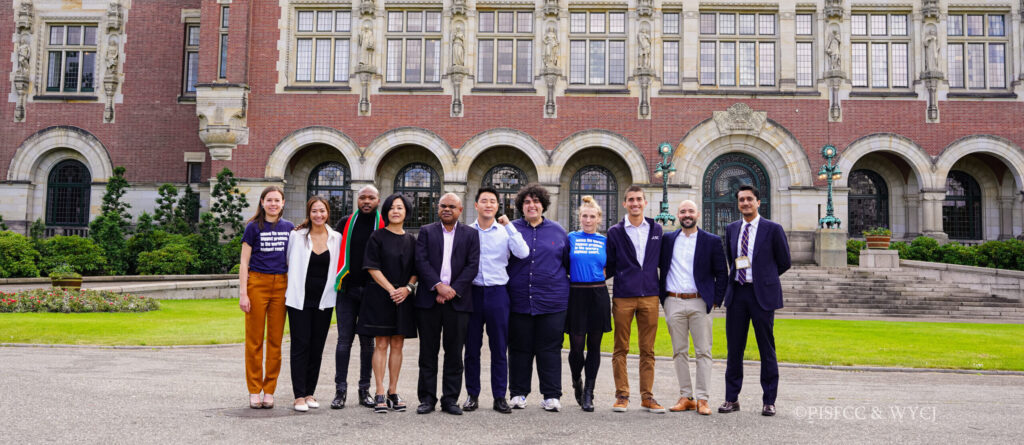
© PISFCC x WYCJ
September 2021
The government of Vanuatu incorporates the campaign into its policies and international negotiations.
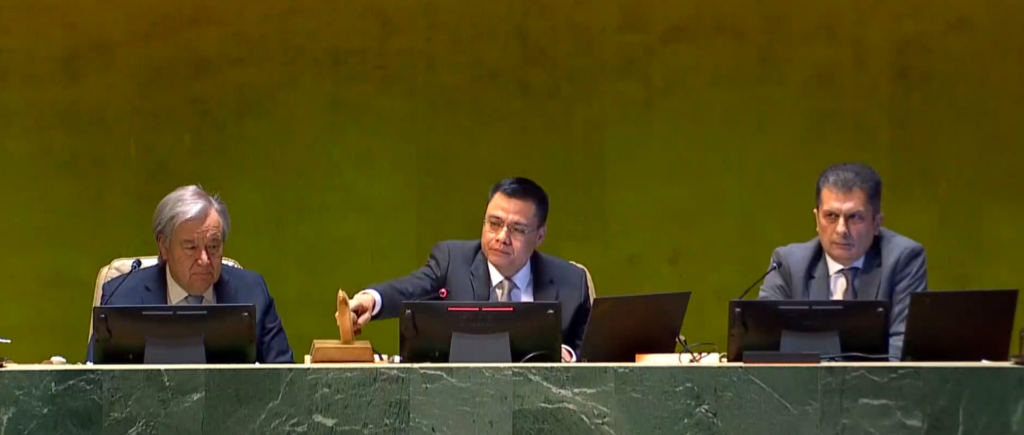
©PISFCC/New York
March 2023
In a historic United Nations vote, more than 130 countries support Vanuatu’s call to take climate justice to the World Court.
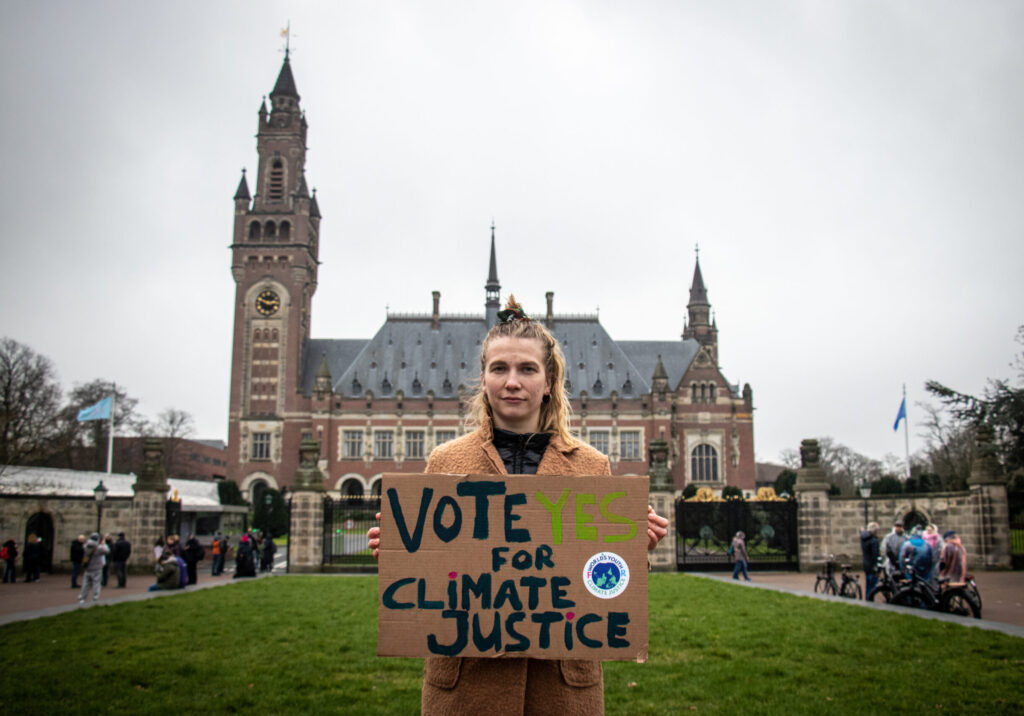
© WYCJ
March 2024
All countries, including UN member states, and designated organizations may submit their views on this issue via a written statement to the court.
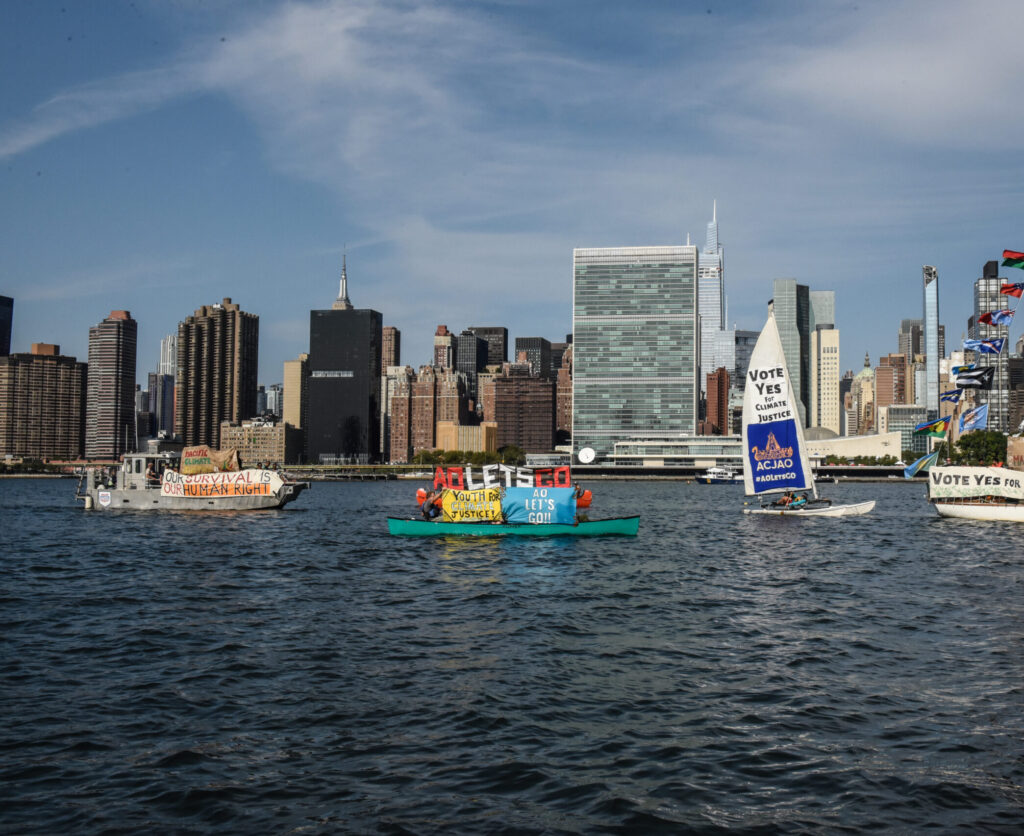
© Stephanie Keith / Greenpeace
Autumn 2024
States and organizations can express their views on the issue through an oral hearing before the court.

In 2025
The International Court of Justice is expected to issue an authoritative legal statement (Advisory Opinion) on climate justice.








